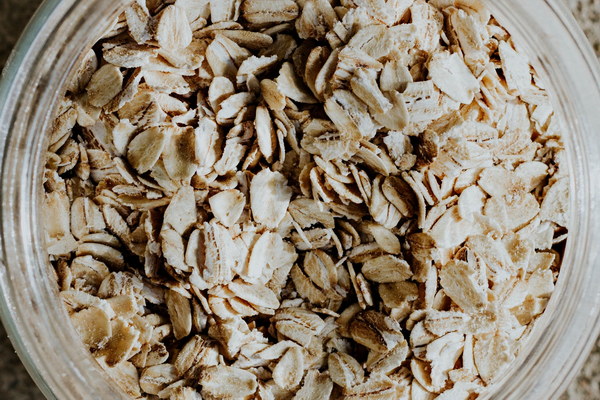Post-Smoking Body Care Tips for Recovery and Well-being
Introduction:
Smoking is a well-documented health hazard, with numerous adverse effects on the body. Quitting smoking is a significant step towards better health, but the journey to recovery doesn't end there. Post-smoking body care is crucial for mitigating the damage caused by years of smoking and promoting overall well-being. This article provides a comprehensive guide to caring for your body after quitting smoking.
1. Hydration
One of the first steps in post-smoking body care is to ensure adequate hydration. Smoking can dehydrate the body and damage the skin, so it's essential to drink plenty of water. Aim for at least eight glasses a day to flush out toxins and replenish the body's fluids.
2. Nutrition
A balanced diet is vital for recovery. Incorporate a variety of fruits, vegetables, whole grains, lean proteins, and healthy fats into your meals. Foods rich in antioxidants, such as berries, green leafy vegetables, and nuts, can help combat oxidative stress caused by smoking.
3. Lung Care
Your lungs have been damaged by years of smoking, so it's important to take steps to care for them. Practice deep breathing exercises to improve lung capacity and circulation. Consider quitting smoking with the support of a respiratory therapist or pulmonologist to guide you through the process.
4. Skin Care
Smoking can leave your skin looking dull and damaged. To promote healthy skin, use gentle cleansers and moisturizers. Look for products with ingredients like vitamin C, vitamin E, and alpha-hydroxy acids, which can help repair and protect your skin.
5. Exercise
Regular exercise is essential for overall health and can accelerate the recovery process. Engage in activities that increase your heart rate and improve lung function, such as walking, cycling, or swimming. Exercise also helps to reduce stress and improve mood.
6. Detoxification
Consider a gentle detoxification process to support your body's natural elimination of toxins. This can be done through herbal teas, sauna sessions, or by increasing your intake of fiber-rich foods. However, it's important to consult with a healthcare professional before starting any detox program.
7. Sleep
Adequate sleep is essential for recovery. Smoking can disrupt sleep patterns, so it's important to create a relaxing bedtime routine and ensure you're getting enough rest. Aim for 7-9 hours of sleep each night.
8. Stress Management
Quitting smoking can be stressful, so it's important to find healthy ways to manage stress. Practice relaxation techniques such as meditation, yoga, or deep breathing exercises. Engage in hobbies that bring you joy and help you unwind.
9. Regular Check-ups
Schedule regular check-ups with your healthcare provider to monitor your progress and address any concerns. They can provide guidance on how to best care for your body after quitting smoking.

10. Support
Seek support from friends, family, or support groups. Sharing your experiences and challenges with others who have quit smoking can be incredibly helpful. Consider joining a smoking cessation program or finding a smoking cessation coach to provide personalized support.
Conclusion:
Caring for your body after quitting smoking is a crucial part of the recovery process. By staying hydrated, eating a balanced diet, exercising regularly, and managing stress, you can promote overall well-being and reduce the long-term effects of smoking. Remember, it's never too late to start taking steps towards a healthier lifestyle.









